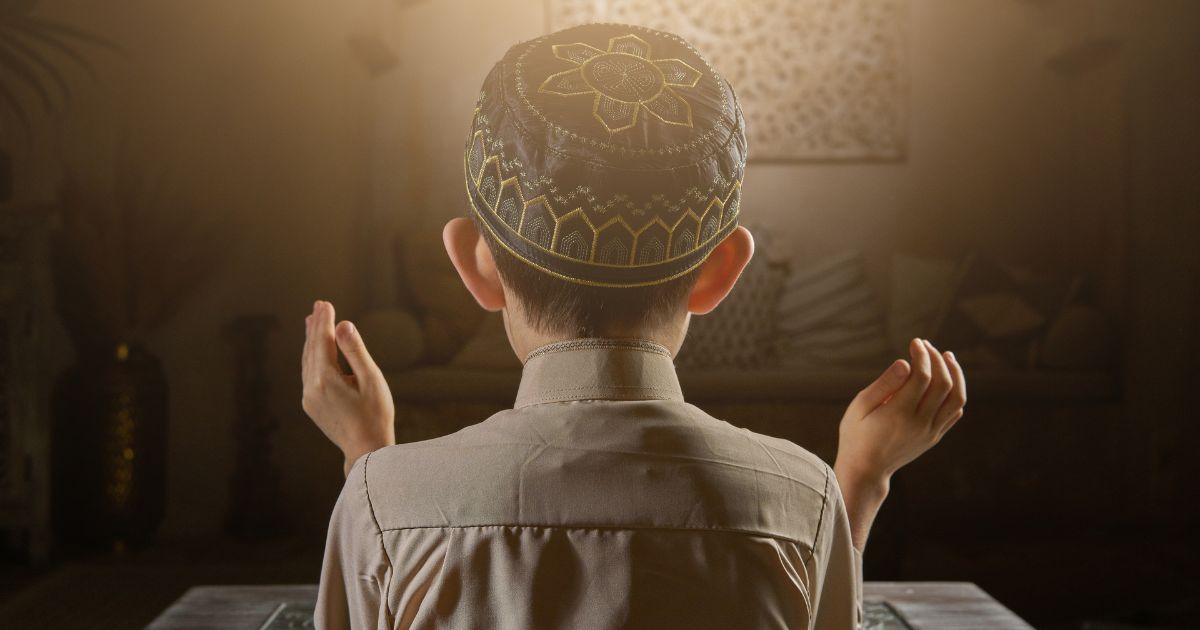Muslim prayers time in Dubai: Salah timings, Adhan and Rakat
prayers time in Dubai, Namaz is another name for Salah, which is Arabic for “prayer” or “supplication,” among non-Arab Muslims prayers time in Dubai. Islam’s five pillars, which comprise the fundamental doctrines and tenets of the faith, include salah. Here are the five pillars:
A statement of faith (Shahada). The Prophet Muhammad (PBUH) is the messenger of Allah, who exists alone:
- The salah (prayer)
- Donation (Zakat)
- Observing a Sawm fast
- Journey of Faith (Haj)
For adult Muslims, salah is a must. Prayer timings determined by the path of the sun and are held five times daily as follows:
- Fajr: Before dawn, the dawn
- Dhuhr: Midday, following the Sun’s ascent to its highest point
- Asr: The latter half of the afternoon
- Maghrib: Right after dusk
- Isha: From sundown till midnight
In the mosque, praying
Muslims are allowed to pray anywhere. Nonetheless, a lot of Muslims gather in masjids to pray aloud. Muslims gather at masjids as places of worship. Muslims find that they are all equal in God’s eyes and that all mankind is one via communal prayer time in Dubai.
Monday through Friday
There is a mandatory Friday (Jumu’ah) prayer also to the five daily prayers time in Dubai. On Fridays, instead of the noon prayer, this prayer is said in a congregation during a sermon.
Adhan: A prayer summons
Call to prayer for the public is known as Adhan. A muezzin, the masjid’s official caller of prayer, delivers the Adhan from the premises. The muezzin says the Takbir, or praise of God, “Allahu akbar,” which means “Allah is great,” at the call to prayer.
The following is the complete prayer call:
God is magnificent, Allahu Akbar. “I testify that there is only one God,” says Ashhadu a la ilaha illallah. “I certify that Muhammad is God’s messenger,” says Ashadu anna Muhammadar Rasool Allah. Hayya’ ala-salah (prayer on, or hurry to the prayer) Hayya’ ala-l-Falah: (Ascend to prosperity. Or ascend to salvation) Salatu minan-naum khairum (prayers time in Dubai is preferable to slumber. For the morning prayer only, this is said.) God is Great, Allahu Akbar “La ilaha illallah” means “There is none other than the One God.”
What role does the Adhan play in this?
The purpose of the five daily Adhan sermons is to encourage Muslims to offer their required prayers time in Dubai. In nations where there is a sizable Muslim population. Hearing the call to prayer in public is typical. The Holy Kaaba in Makkah is often facing the minaret of masjids when the Adhan is recommenced.
Making the wudu before salah
Wudu is the act of washing one’s body before offering prayers or reciting passages from the Holy Quran.
Check out this link for a step-by-step tutorial on making wudu
Salah’s Rakats
When Muslims give prayers to Allah, they perform a rakat. Which composed of prescribed gestures and the recital of verses from the Holy Quran. It also alludes to a single Islamic prayer cycle.
The Fajr
The Fajr salah ought to be done in the latter half of the evening and before dawn. Two required rakats, or Fard, make up the Fajr salah.
Dhuhr
At midday, the second prayer of the day, known as Dhuhr salah, is said. This prayer consists of four required rakats.
ASR
Following the Dhuhr prayer in the afternoon is Asar Salah. This prayer consists of four required rakats.
Magnhrib
It is customary to offer Maghrib salah at dusk. There are three required rakats in a magrib salah.
Isha
The Isha salah is said as the fifth prayer of the day. There are four required rakats included.
Beyond these five mandatory prayers, there are more prayers as well:
Fridays at noon are designated for the Jumuah prayers time in Dubai. Early in the morning is when the Tahjjud prayer is offered. It is not required, though. Only offered in conjunction with the Isha prayer. The tarawih prayer is only said during the fasting month of Ramadan. prayers held on the occasions of Eid Al Fitr and Eid Al Adha prayers time in Dubai.
The advantages of assuming various postures during salah
- Qiyam, Ruku, Sajdah, and Tashshhud are some of the positions that are used for salah. These actions have a lot of advantages, like:
- Qiyam (standing): This strengthens the muscles in the legs and guarantees that the lower body gets enough blood flow.
- Ruku, or bowing, is a favorable posture that benefits the lower back. Back discomfort is reduced and avoided using it. Stretching the elbows, wrists, knees, and ankles helps to increase flexibility in all these body parts.
- Sajdah (prostration): The act of bending down toward the qiblah in modest worship of God. Also to stimulating the pituitary and pineal glands. Sajdah keeps blood flowing to the brain.
- Tashahhud (sitting pose): This pose is comparable to the important Yoga pose Vajrasana. The posture is supposed to enhance digestion. Maintain an erect spine, and strengthen the muscles in the thighs and calves.
Visit Terea Dubai

